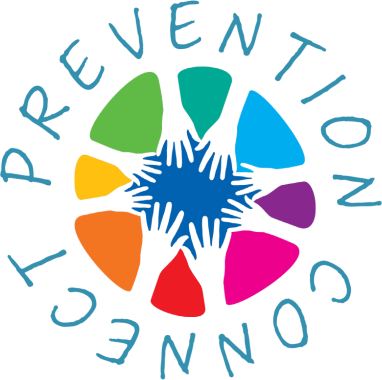
Relationships are never void of issues. All couples have disagreements and obstacles to overcome. However, addiction is a big hurdle, and it can create a wealth of issues in a relationship. Trying to get the addict to accept treatment is the first step in helping the addict’s life and improving the relationship. There are ways to mend the relationship once the addict receives treatment. Unfortunately, despite all of these efforts, some spouses are better off just walking away from their addicted spouse.
Getting Treatment
Since many addicts often deny that they have an issue and are out of control, they often don’t seek treatment. They fail to realize the negative effects their addiction is having on their life and relationships. Even if addicts are aware of their issues, they don’t know how to ask for or get help. Addiction also changes the way the brain functions, so quitting becomes a difficult process, even if the addict is ready.
Learn more about the treatment process together. Fear of what happens at rehab may be holding your partner back from making the decision to go. Once you’ve researched together, schedule an evaluation for your partner with his or her family doctor. At the very least, locate a physician or treatment center, and share the information with your spouse. Tell them that seeking help takes a lot of courage, and that treatment helps people every day. Assure your spouse that you’ll be supportive throughout the process.
If they still refuse to seek treatment, you may consider staging an intervention. However, evidence is lacking as to whether interventions are effective or whether they backfire. Instead, focus on getting your spouse to see a doctor.
Heal as a Couple
Spouses who suffer from an addiction can cause harm to their families. The addict may frequently break promises and become unreliable because their focus is on meeting the needs of their addiction. They might lie or steal in order to buy drugs. Some nights, they may not return home. They may lose their jobs, and family members may frequently fight. Some addicts even become verbally and/or physically abusive.
Trust is often broken when a spouse becomes an addict. Typically, communication becomes bad or nonexistent. The spouse who isn’t abusing drugs or alcohol may feel confused, scared, or angry at the change in the other spouse and the situation. Rebuilding trust and becoming better at communicating are important. When you’re in the process of healing your relationship, it’s imperative to maintain a healthy, positive living environment to promote sobriety.
Talking to an unbiased person outside of your relationship is a great way to work toward establishing better communication, regaining trust, and mending the relationship. Seek counseling from a mental health professional. You’ll likely need couples therapy and one-on-one therapy. There are other sources available to spouses of addicts, too, including books, hotlines, blogs, and support groups.
Deciding to Leave
The decision to come clean ultimately lies with the addict. No matter how much you love your spouse or try to help, they may not be able to maintain sobriety. You will need to determine when it’s time to walk away. Be very clear with yourself about your boundaries and breaking points, and once you reach them, stand by them.
Eventually, you may feel mentally and physically exhausted. You may consider leaving when you can no longer trust your spouse, even with therapy attempts. Suffering physical or emotional abuse are reasons to leave. Sometimes, as the spouse of an addict, you can no longer handle the constant cycle of rehab, recovery, and addiction. Having children can force you to question if staying is more harmful than leaving.
Your spouse’s addiction is not your fault. You shouldn’t feel ashamed or responsible if you decide to leave because you deserve better and you’ve had enough. In the end, it can be healthier for both you and your spouse. While helping your spouse seek treatment and working on mending your relationship is commendable, everyone has a breaking point, and you deserve to be healthy and happy.
Ultimately, if you and your spouse can work through the addiction together, and have adequate treatment and support resources, there is the possibility of mending your relationship and getting back to a place of love and understanding. It’s a process that takes time and patience, so don’t expect things to change overnight. By taking it one day at a time and being open and honest, there is hope for you both.
Photo from Pixabay
